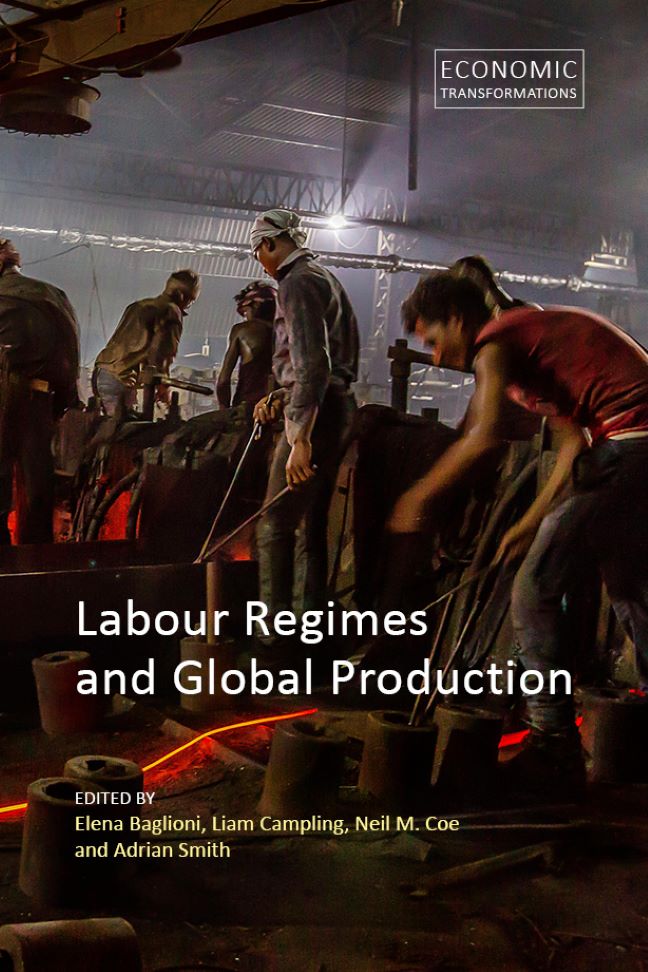5 - Exploitation and Labour Regimes: Production, Circulation, Social Reproduction, Ecology
Published online by Cambridge University Press: 20 January 2024
Summary
Introduction: Why Labour Regimes?
Capitalism's innate tendency to endless competitive accumulation and global expansion raises the question of where and how exploitation occurs. We argue here that exploitation is the primary starting point to understand the labour performed by the world's 3.5 billion workers, as well as the hundreds of millions of disguised wage labourers and unidentified homeworkers who appear to be self-employed (ILO 2018). The centrality of exploitation derives from Marx, who saw exploitation as an analytical category, not merely a normative description of poor working and living conditions. Exploitation refers to the difference in value between what workers produce and what workers are paid. This “excess” in value – surplus value – is derived from the part of labour time when workers are no longer working for their own reproduction but for the capitalist (Marx 1976 [1867]). As this process of value extraction from labour to capital is neither natural, nor homogeneous nor restricted to places and moments of paid work, its boundaries should be explored, rather than taken for granted.
In this chapter, we set out to develop the “labour regime” as a category of theory and tool of method to better undertake this endeavour. We develop labour regime analysis as a means to better understand the various ways in which exploitation manifests, occurs and intensifies. We draw on the analytical tools of historical materialism, and, like several other chapters in this volume, we counter “productivist” variants of Marxism that understand processes of capitalist exploitation as occurring exclusively within the “productive” sphere (e.g. the formal workplace). To this end, we draw on and develop debates on social reproduction and labour (e.g. Mies 1986; Bhattacharya 2017; and Mezzadri 2019) and on nature and labour (e.g. Barca 2019), by arguing that these spheres are as central to labour regimes and exploitation as the production of commodities and the circulation of capital. We start with the core assumption that production is the fundamental site of surplus value extraction, but we seek to show how the labour regimes that enable such a process necessarily straddle other spheres. In essence, there is no production without circulation, and also without the reproductive work that provides labour power, or the ecological relations that provide the matter, means and forces of production.
- Type
- Chapter
- Information
- Labour Regimes and Global Production , pp. 81 - 100Publisher: Agenda PublishingPrint publication year: 2022

